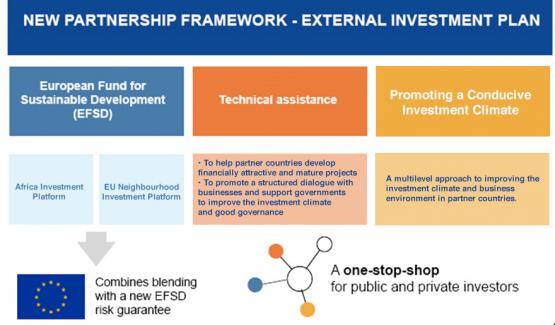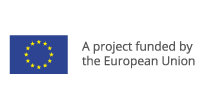Ambitious new EU investment tool targeting partner countries unveiled

The European Union (EU) launches its External Investment Plan (EIP). As announced by the European Commission's President Juncker in his last State of the Union speech, the External Investment Plan (EIP) aims at mobilising a large volume of investments, especially from the private sector, to fulfil economic and social development in partner countries in Africa and the European Neighbourhood. Its ambitious political objectives include contributing to achieve the Sustainable Development Goals, while tackling some of the root causes of migration, and strengthening public and private partnerships for development. The potential and challenges of the EIP will be discussed at a one day regional event in Cairo, Egypt, on Wednesday 8th November. Expert discussions will bring together national authorities, private sector companies partner International Financial Institutes (IFIs) to examine opportunities for new investments in the region.
Boosting private and public investment in EU partner countries. At the heart of the new EIP is the European Fund for Sustainable Development (EFSD). At its first meeting on 28th September, strategic orientations were discussed, and concrete areas eligible for investment identified. The EIP approach is based on the conviction that financing needs to be coupled with business climate improvements for investments to materialise and for growth and jobs to be generated. In practice, for the new EFSD guarantee to operate effectively, it needs to be linked to a reform agenda addressing country risks and improving framework conditions for doing business.
Climate-relevant investment windows. Out of five priority "investment windows" – which are expected to be approved shortly – two are directly relevant in terms of climate investments. The window on “Sustainable Energy and Sustainable Connectivity" addresses climate change risks and delivering on commitments to implement the Paris Agreement. It targets targets sectors such as renewable energy, energy efficiency, transport, and enhancing energy security. The investment window on "Sustainable cities" explores innovative mechanisms to address the challenges of sustainable urban development in partner countries. The remaining investment windows so far identified include "Sustainable agriculture, rural entrepreneurs and agroindustry", "Micro, Small and Medium Enterprises (MSMEs) Financing" and "Digitalisation for Sustainable Development".
Resources: Regulation (EU) 2017/1601 establishing the EFSD | Communication from the European Commission on the new EIP |



